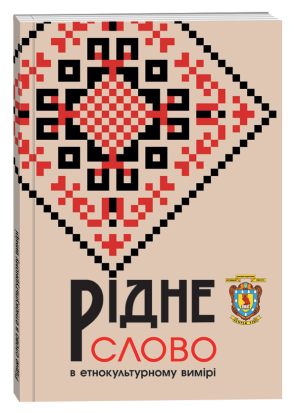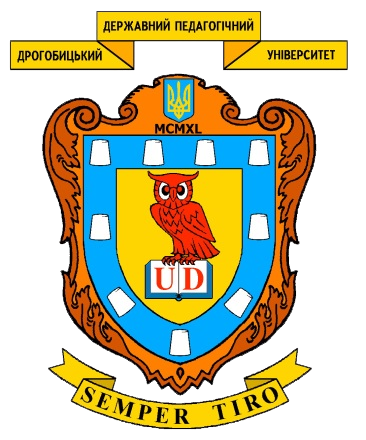THE CONCEPT OF “FREEDOM” AND ITS CONNOTIONS IN THE COGNITIVE-SEMANTIC FIELD IN THE LIFE AND WORK OF HRYHORII SKOVORODA
DOI:
https://doi.org/10.24919/2411-4758.2021.211691Keywords:
H. Skovoroda; connotation; concept; mentality; linguistic consciousness; freedom; creativity.Abstract
The aim of the article is a linguo-cultural analysis of the concept of “freedom” in the language of H. Skovoroda’s works, which verbalizes the code of the national consciousness of Ukrainians and the linguistic consciousness of the writer-philosopher. Within this goal, the following tasks have been solved: the semiotic content of the concept of “freedom” in the cognitive-semantic fi eld of life and work of H. Skovoroda and in the context of Ukrainian culture was clarifi ed; its connotations were revealed. The concept of “freedom” is one of the determinants of the linguistic consciousness of the Ukrainian pe ople and an individual speaker, the evidence of which is the verbal oral folk and professional creativity of Ukrainians and a number of connotations to it. The language of H. Skovoroda’s works is a syncretic example of Old Slavonic, as the oldest literary language of the Slavs, and colloquial Ukrainian of the time of the writer-philosopher, as well as modern Ukrainian literary language. The word-denotation “freedom” and connotations to it (“equal inequality”, “happiness”, “related work”, “freedom”, “Bogdan the Hero”, “cheerful spirit”, “deep heart”, “the world tried to catch me but failed” and others) have a mental and ideological specifi cs, as they conceptualize the teachings of H. Skovoroda about man and the meaning of life. The writer-philosopher mostly uses in his speech a lexical way of expressing the connotative meaning of the concept of “freedom” through such tropes as comparisons, epithets, phraseologisms and other means of poetic speech, sometimes authorial innovations that give dynamism to this lexical-semantic fi eld allegory as the dominant features of his style. Prospects for further research are related to the linguistic and cultural substantiation of the concept of “freedom” in the language of the works of Lesya Ukrainka, who, like H. Skovoroda, represents the Ukrainian philosophical and literary tradition of existential orientation.
References
Белей, Л., Белей, О. (2001). Старослов’янсько-український словник. Львів: Свічадо. Гнатюк, Л. (2013). Чому вивчення мови Григорія Сковороди актуальне для українців у XXI столітті. Дивослово, № 5. 51 – 56.
Лихачев, Д. С. (1993). Концептосфера русского языка. Известия РАН. Сер. лит. и яз., 4 – 10.
Лосев, А. (1991). Философия. Мифология. Культура. Москва: Политиздат.
Петрів, О. (2019). Концепт «свобода» в когнітивно-семантичному полі вірша Івана Франка «Ще не пропало!». Рідне слово в етнокультурному вимірі: зб. наук. праць. Дрогобич, Посвіт, 142 – 150.
Сковорода, Г. (1994). Твори: У 2 т. Т.1. К.: АТ «Обереги».
Сковорода, Г. (1994). Твори: У 2 т. Т. 2. К. : АТ «Обереги».
Чижевський, Д. (1934). Фільософія Г. С. Сковороди. Варшава: З друкарні Наукового товариства імені Тараса Шевченка у Львові. Шлемкевич, М. (1992). Загублена українська людина. Київ: МП Фенікс.







